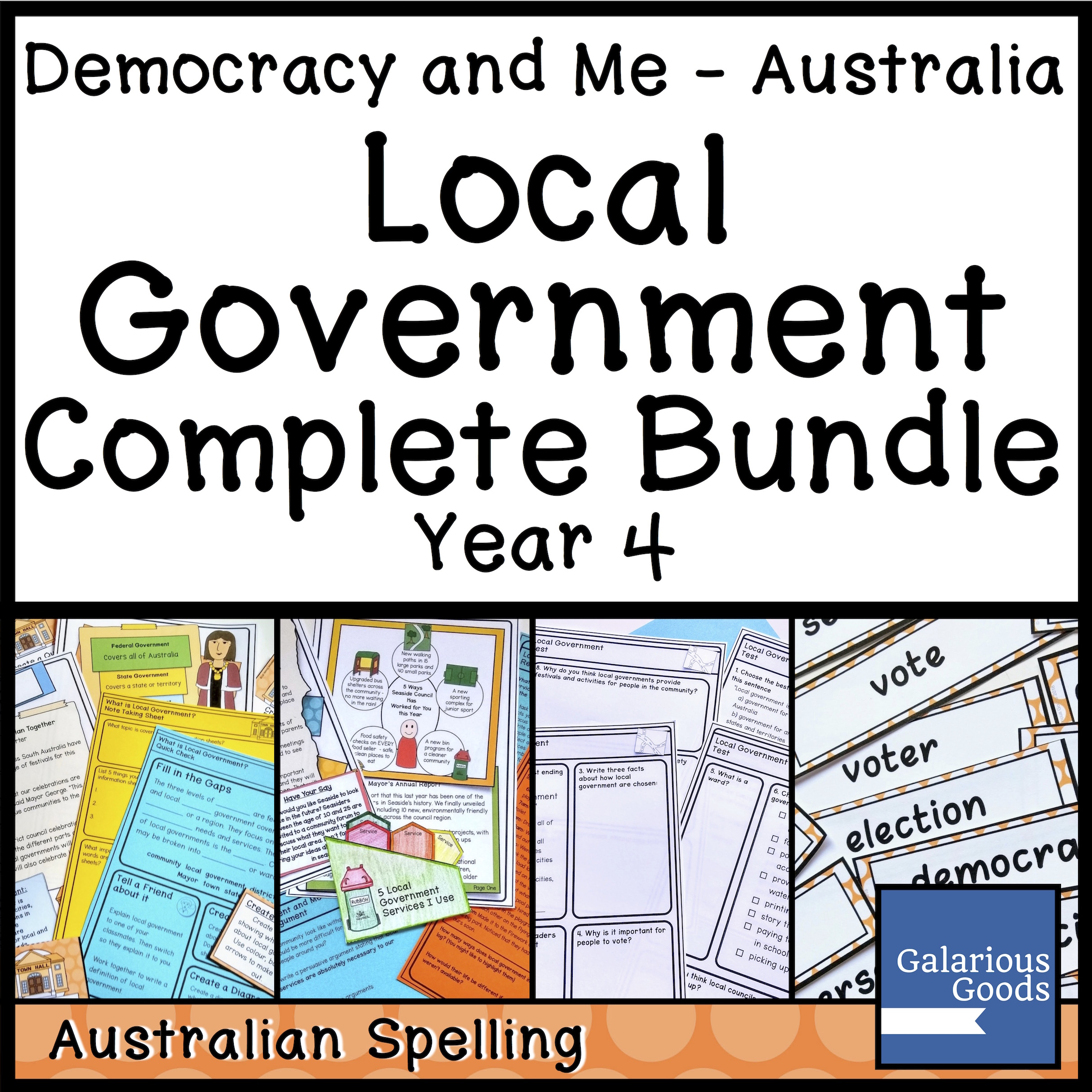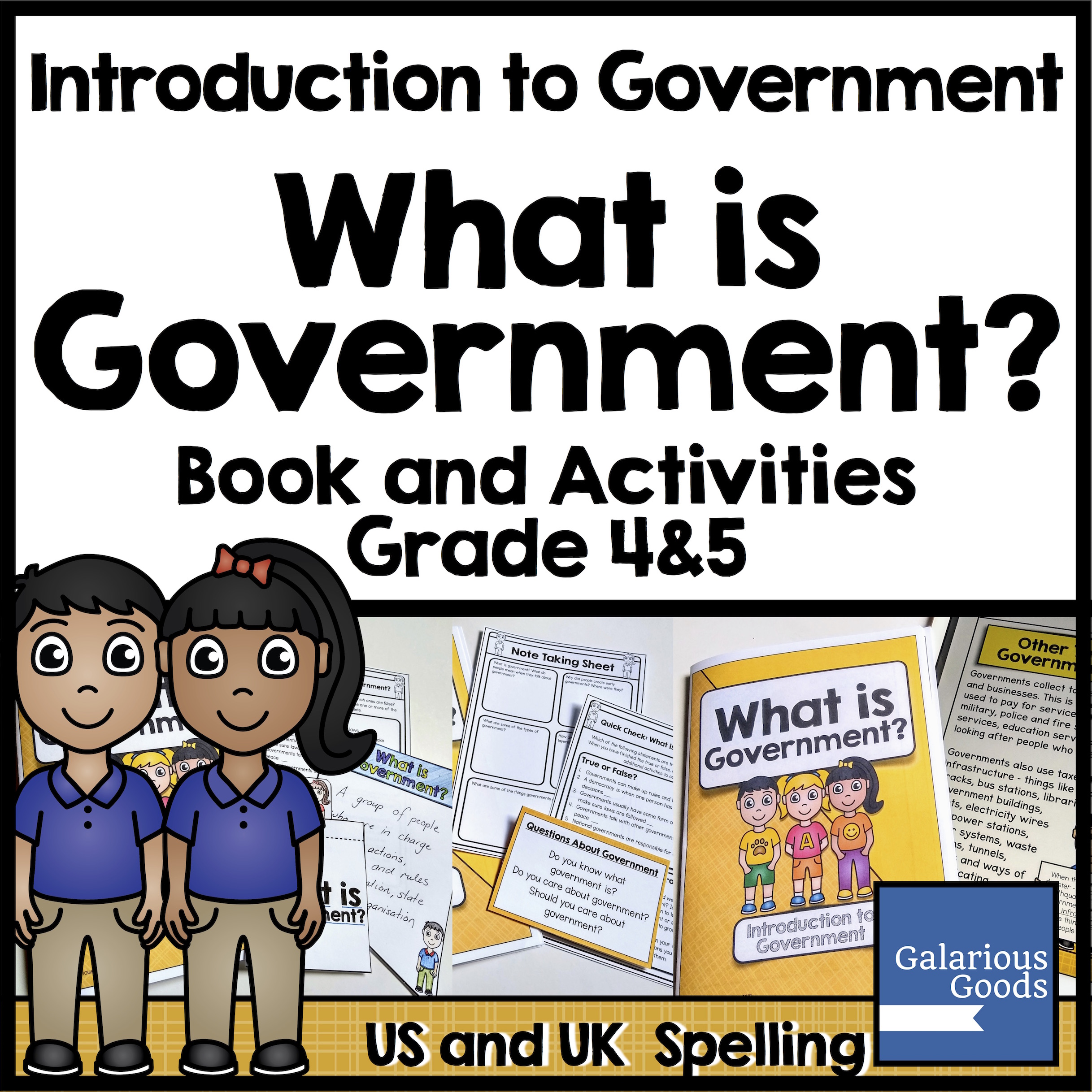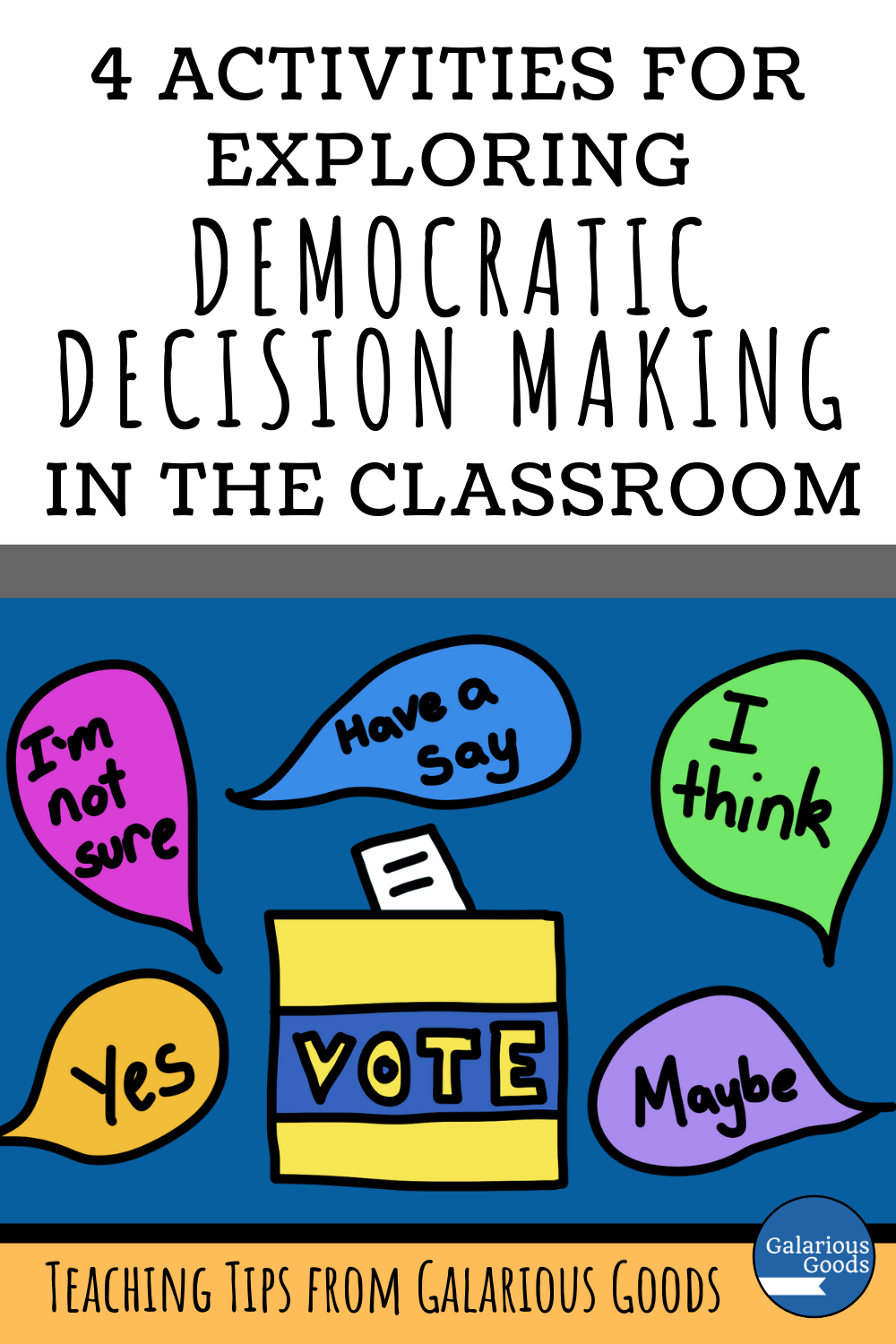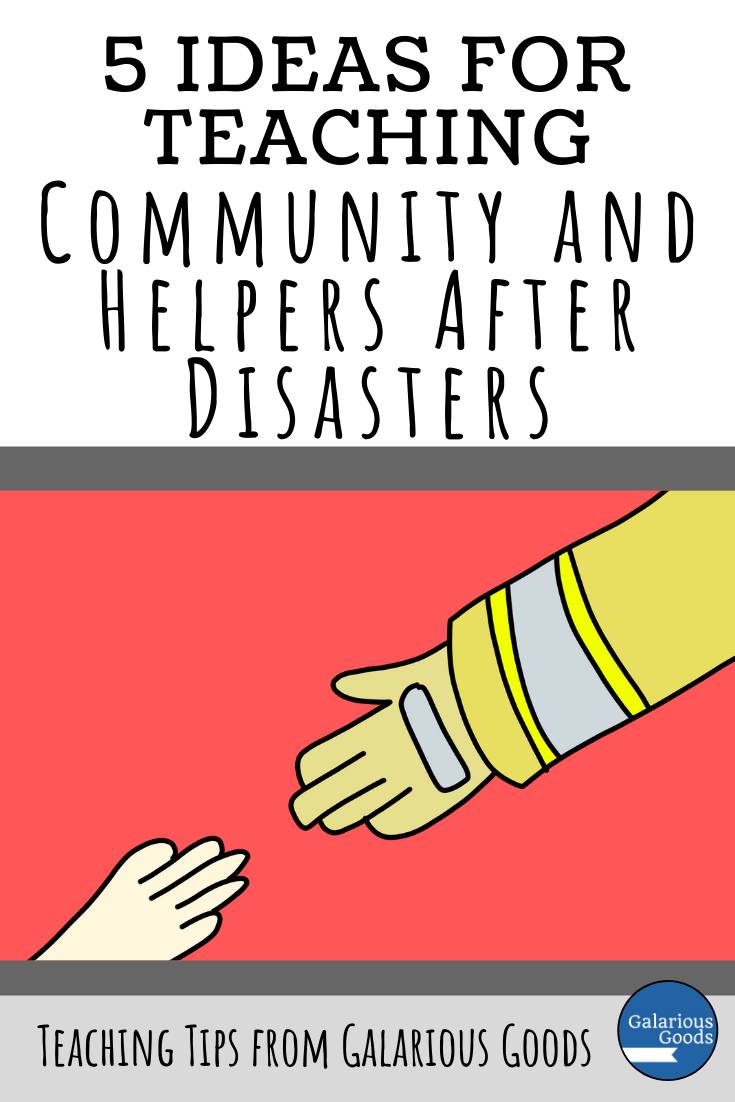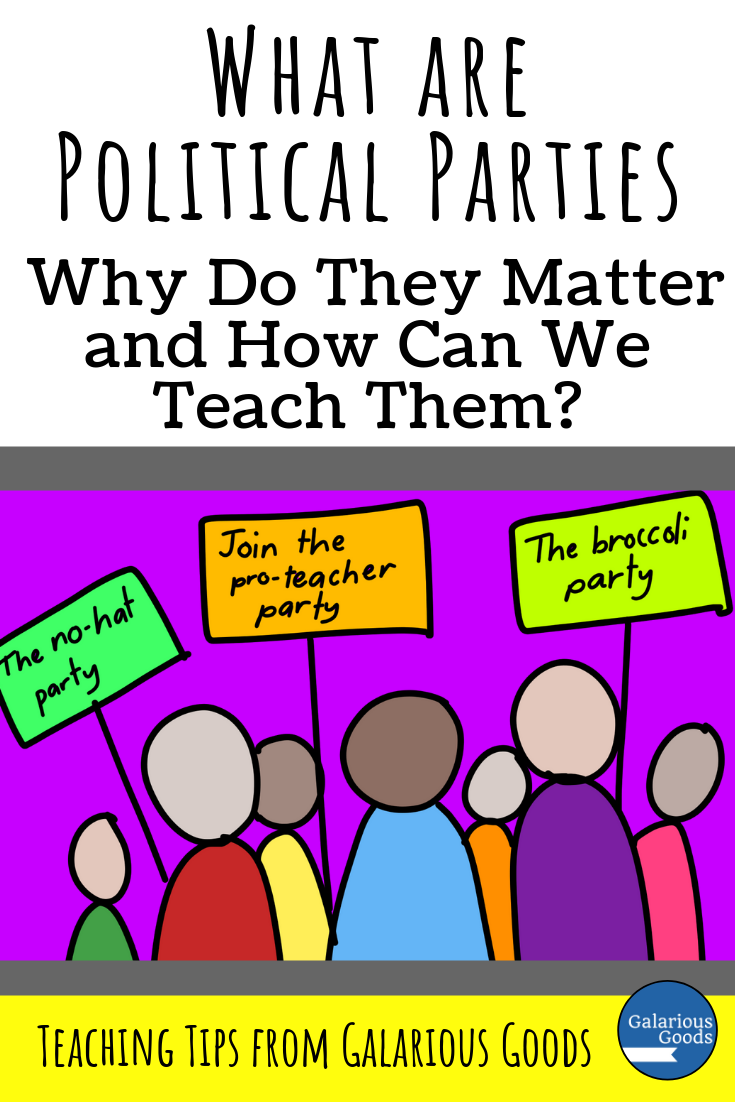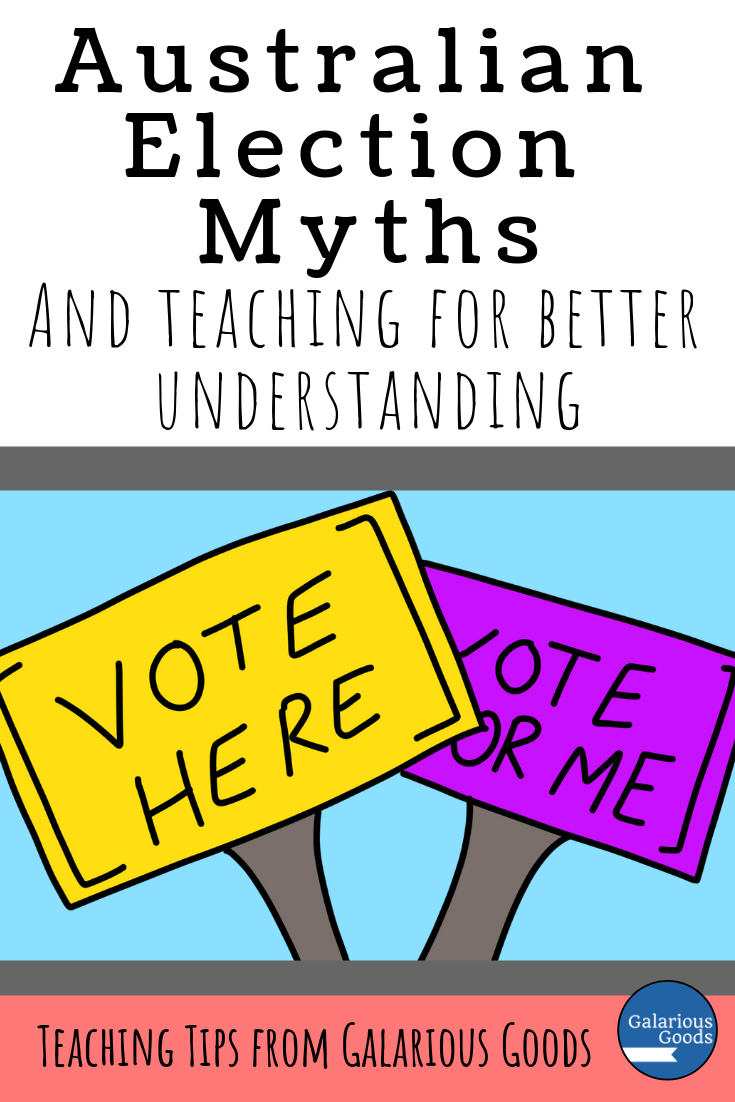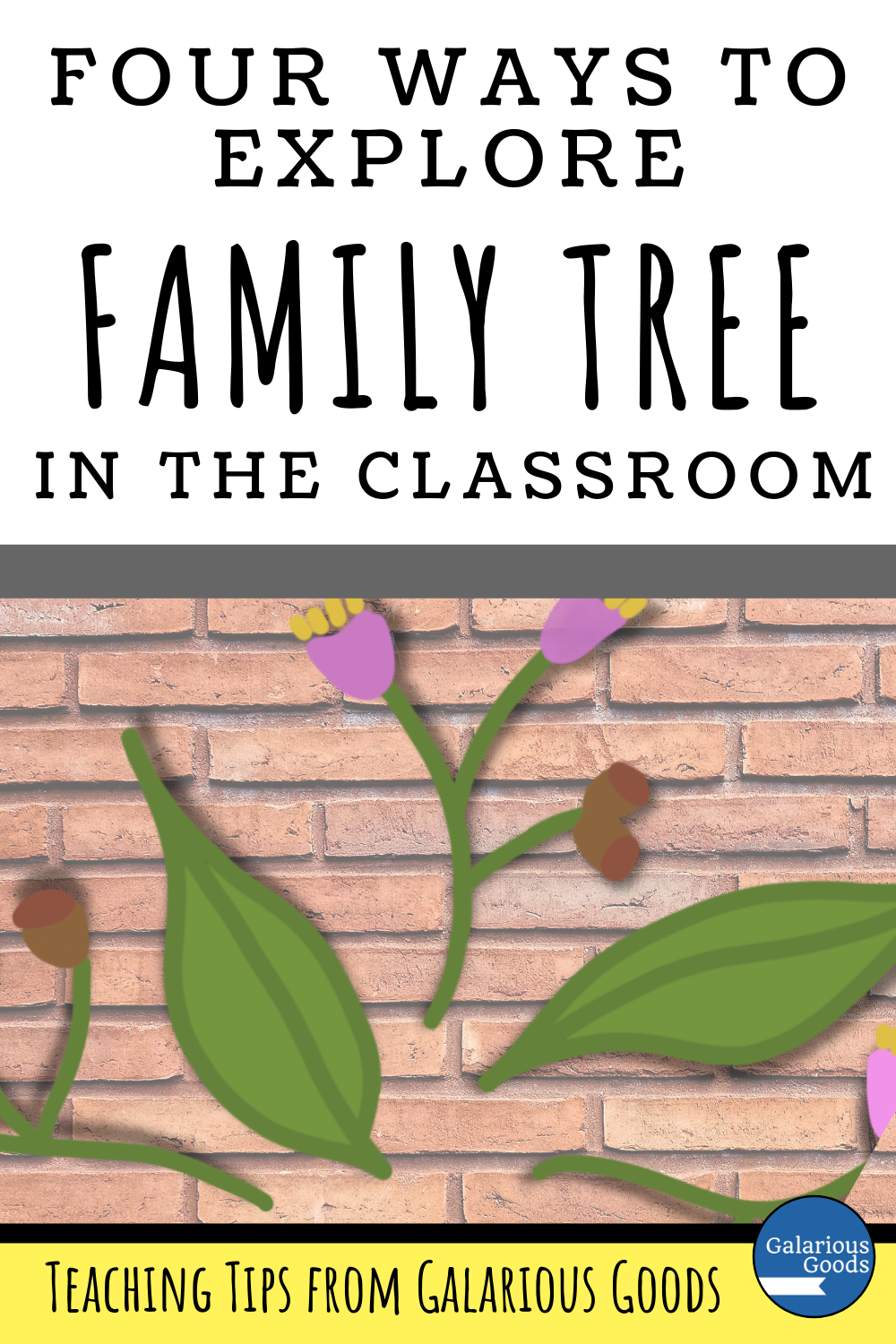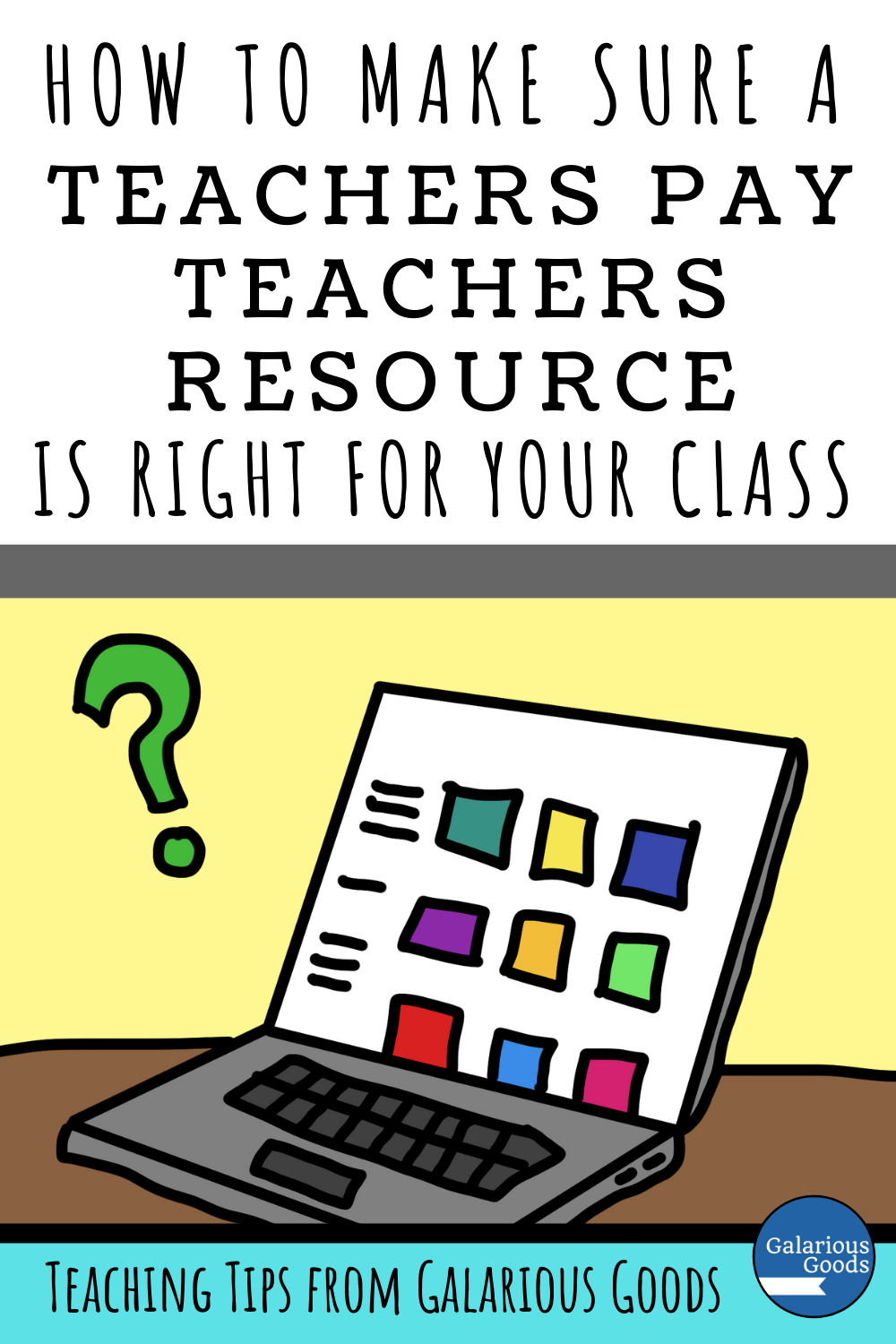5 Things You Need to Teach Year 4 Civics and Citizenship
/The Year 4 Australian Civics and Citizenship curriculum introduces students to some really important concepts - helping them understand the influence of government, laws and the communities they belong to on their everyday life. But what do teachers need to know to make these lessons more effective?
1. What is Government?
Year 4 students are asked to explore local government and the services of local government. But before students can effectively tackle this subject, they should have some understanding of what government is.
This may seem like a fairly simple concept, but like many simple concepts it can be hard to define clearly for our students.
You may like to start by gauging student understanding. Ask students to write or draw what they think government is or to engage in a think-pair-share while defining government. Students can work collaboratively to create a collage showing what government is or can interview each other about what they think government involves.
Students may also like to add to their understanding of government as they spend more time learning about local government.
2. What does your Local Government Involve?
The local government outcome is a great way for students to take an introductory look at elections and at how government plays a role in everyday life. But there’s a number of things which you can do to make this more successful.
It’s possible that you live in a different local council area to your students or that your students live across two different council areas. This means you may need to do a little research on a different council area and some of the services which the local council offers.
It’s worthwhile getting in contact with your local council as you are planning your lessons. They might have educational materials which you can use in your classroom or they might be able to suggest excursion opportunities or aspects of the council which you may not have thought of. You might also be able to get a guest speaker from the local council - many local councillors engage in school visits and might be happy to speak with your students about the services offered by local government.
Another area of your local government to explore is the local libraries. You may be able to take students there as an excursion, and librarians are often available to show students the many services available through the libraries and through library websites - all services offered by local governments. (They might even have teaching materials available!)
3. The Difference Between Rules and Laws
Another Year 4 Australian Civics and Citizenship outcome asks students to explore the place of laws in their life and how laws differ from rules.
As you approach these lessons, you might like to collect examples of rules which students might encounter. From school rules, to classroom rules, to household rules to shopping centre or play centre rules - although students see these daily, they may not have really examined them.
As they examine them, they can start to understand how rules differ from laws. The difference between rules and laws is another concept which can be simple, but can be complicated. It’s worthwhile spending a little time to write down your ideas on the concept to get them firmly worked out as you plan lessons and learning experiences for your students.
Students can also build a ‘growing’ definition of rules and laws - adding to or refining their understanding as they work through lessons on the topic.
4. Identity - and how it is shaped by different things
The Civics and Citizenship curriculum asks students to explore how their identity is shaped by the groups they are part of. This is a rather complex topic - what is meant by groups? What is meant by identity?
One way you can prepare to teach this topic is to take a moment to reflect on your own identity and how that has been shaped by groups. Some of the groups you belong to may not have much of an influence on your identity - my family background is Scottish, but other than an interest in visiting Scotland one day, it doesn’t have a massive influence on my day to day life. Other groups you belong to might make a daily impact on your life - my immediate family group prioritises dinner time, so we cook dinner and eat together almost every night - this is a group which has a big impact on what I do every day.
Reflecting on your own identity can help you plan a way for your students to explore the groups they belong to and how those shape their own identities. Students may be surprised to discover how many groups they belong to - from groups connected with their heritage, groups connected to their religion, groups connected to their family, friendship groups, school groups and activity groups. You can also explore other groups in your community - especially cultural, religious and activity groups.
5. Symbols and Traditions
As well as exploring groups in the community, Year 4 students are asked to reflect on the symbols and traditions of these groups. This might include ceremonies, activities, anthems, poems, school songs, colours or logos.
You might like to spend some time collecting examples of symbols and traditions before students start exploring these topics. This might include the logos, colours and uniforms of local sports teams; uniforms, mottos and school songs from local schools; traditions of local religious denominations or traditions of military or returned service people groups.
You can present these symbols and traditions to your students, asking them to reflect on why they might be important, why they may have developed, what they say about the groups and how they influence identity.



